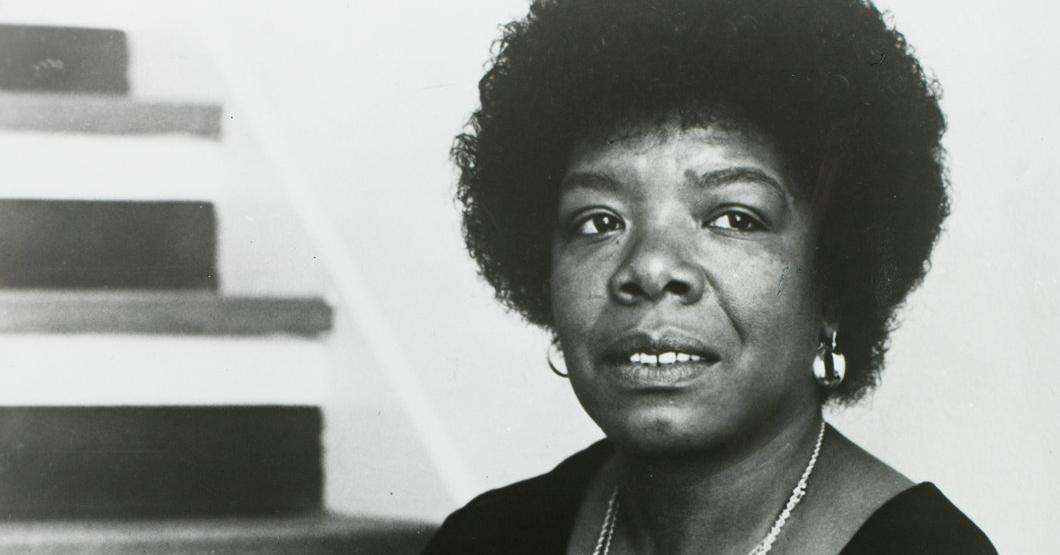As an executive coach I often facilitate life-line and development planning workshops. The life-line exercise encourages people to share the significant events and important people in their life and how those people and events helped to shape their values. I challenge participants to be as open and transparent as they can be, and I ask them to risk sharing what may be outside their comfort zone. In spite of these guidelines, most people stay in their safety space by reviewing what they have done in their career, where they have worked, and when they received their promotions.

As I work with individuals for a period of six months to a year, I help them not only to create a development plan that addresses their deepest values and highest aspirations, I also encourage them to be more conscious and intentional about 3-5 key behaviors that are aligned with those values and aspirations. At the beginning of the relationship I ask them to declare their desired outcomes for our time together: Do they want to position themselves for larger roles in the organization? Do they want to refine tools, skills, and strategies for improving individual, organizational, and or client performance? Or do they want to re-examine, re-define, and re-invent who they are and their purpose in life?
To me, living a meaningful life means having a clear vision and well-defined values that guide our actions and tap into our highest purpose and aspirations. And yet, how many of us have taken the time to step back and actually articulate our vision and values? Do we have a clearly defined purpose? Are we clear about our guiding principles? Have we written down our physical, emotional, intellectual, and spiritual values? My experience tells me that few of us have taken the time. If you haven’t, doesn’t it beg the question: how do you know what action to take if you don’t know where you are going?
Organizations tend to do a better job of articulating their vision and value statements than individuals do. Most of them have carefully crafted words on the wall developed over extended navel gazing and vigorous debate at week-end retreats. Unfortunately, the words rarely reflect the day-to-day behaviors of the workplace, i.e. how things really work around here. Here’s a couple of egregious examples of incongruence between words and actions.
Wells Fargo was recently exposed for scamming customers by opening unauthorized bank accounts to meet sales targets. This scam was not done by just a few “rotten apples” – 5,300 employees perpetrated the fraud. That level of abuse constitutes a significant cultural problem within the bank.
Elizabeth Warren had a few choice words for their CEO, John Stumpf: “Okay, so you haven’t resigned, you haven’t returned a single nickel of your personal earnings, and you haven’t fired a single senior executive. Instead, you pushed the blame to your low-level employees who don’t have the money for a fancy PR firm to defend themselves.” She estimated that Stumpf’s stock holdings had increased by two hundred million dollars in value during the time of this scam.
You gotta love Elizabeth Warren. Well, maybe you don’t, but I do.
Given that backdrop story, I did some research and found Wells Fargo statement of values. Here they are:
- People as a competitive advantage
- Ethics
- What’s right for customers
- Diversity and inclusion
- Leadership
Wells defines ethics as “setting the standard among the world’s great companies for integrity and principled performance. This is more than just doing the right thing. We also have to do it in the right way.”
I share this story to make the point that simply writing down values is only the first step. Those words need to be genuine and translate into day-to-day behaviors. Clearly, those values weren’t institutionalized at Wells Fargo.
One more bizarre example to drive home the message. Coca-Cola has wonderfully worded statements of mission, vision, and values. Coca-Cola says its mission is to refresh the world, inspire moments of optimism and happiness, and create value and make a difference. Part of its vision is to be a responsible citizen. According to the executives at Coca-Cola, its values serve as a compass for its actions and describe how they behave in the world. Coca-Cola’s values are:
You can write your own version of what the real mission, vision, and values are at Coca-Cola, but promoting obesity and tooth decay, manipulating poor people to buy their products, and aggressively selling health depleting soft drinks hardly conform to the words on the wall.
Why am I trashing two of the most recognized brands in the world? To make the point that words are not enough, pretending to be something you are not is wrong, and maliciously deceiving people can’t be tolerated.
In fairness, many organizations not only create thoughtful vision and value statements, but they also take them very seriously and make every effort to ensure that behaviors are aligned with words. Starbucks, Facebook, and Google come to mind. I have even worked with companies that form soul committees whose sole responsibility is to point out the gaps between words and actions to the executive committee. This kind of commitment is what is required to engender trust with employees and customers.
To me, vision and values are serious statements of intent. Ironically, most individuals don’t have statements of vision and values but act with decency, compassion, and integrity. Almost all organizations, on the other hand, have beautiful words to describe their vision and values, but many still engage in ugly actions and/or spend very little time soul searching to ensure that their actions are congruent with their commitments.
Writing this post may not help me get another gig helping organizations align their culture behind their vision, values, and strategy. Hopefully, however, my coaching may impact a few executives to strive for clarity and congruence. A vision should be aspirational and inspirational for individuals and organizations. Values should serve as the anchors for ethical decision-making. In short, why and how are more important than what.
Just to be clear, my vision, purpose and values are:
Vision: Individual, family, organizational, and community harmony.
Purpose: To invite people to meaningful conversations about the vision.
Values: Family, Friends, Health, Responsiveness, Respect, Creativity, Congruence, Connectedness, Mindfulness, and Growth.
Also published on Medium.




Love it Ricky! I can’t tell you how many hours I spent around the Board room table @ WBH watching & listening to Wordy BS developing “vision/mission” statements that had ZERO resemblance to actual behavior. You da man!